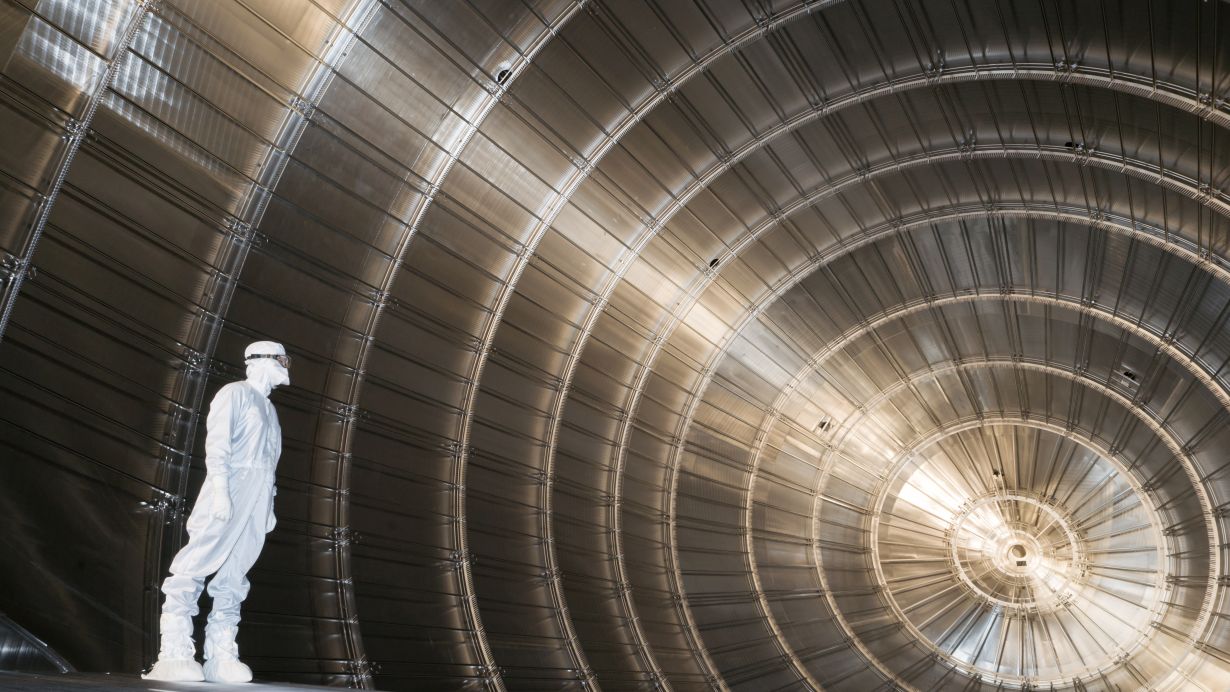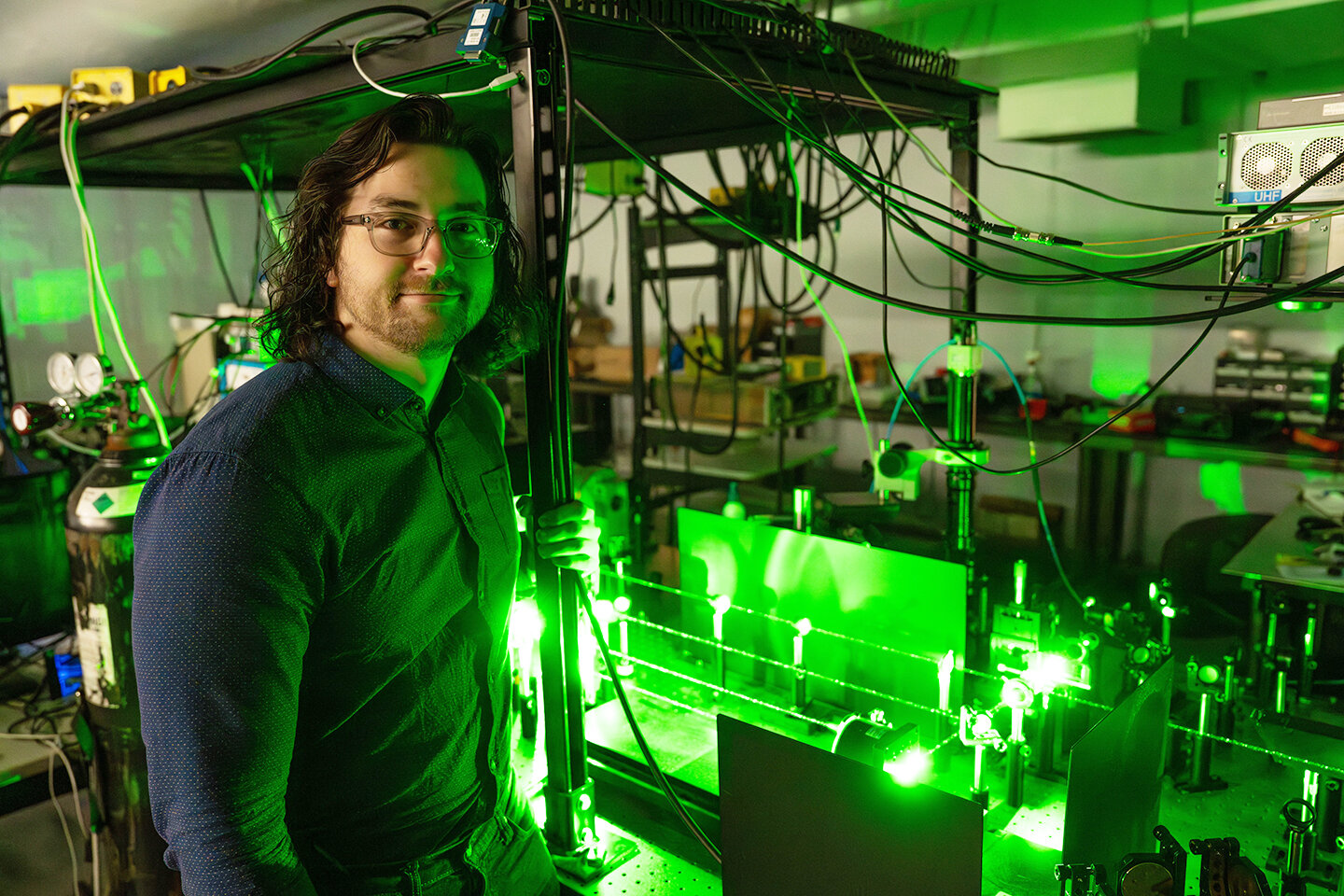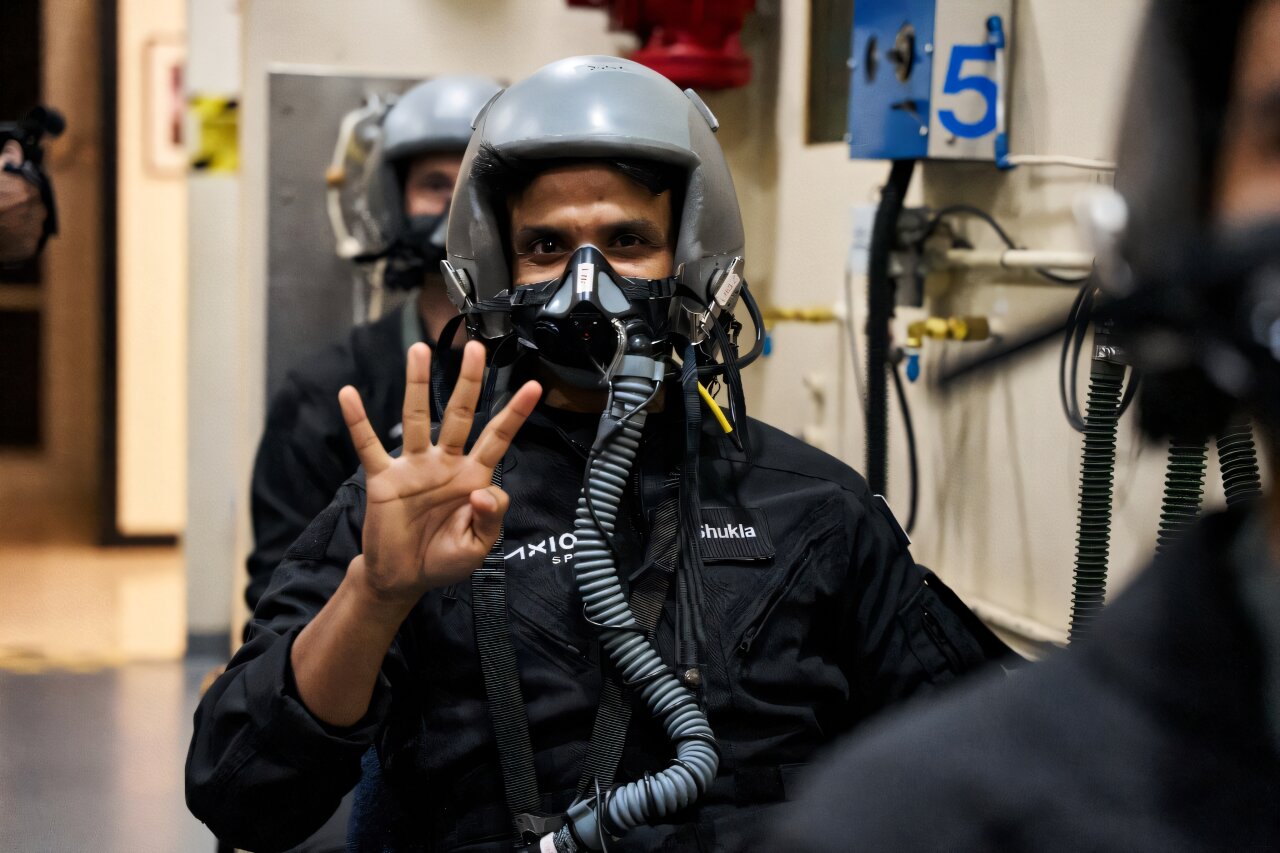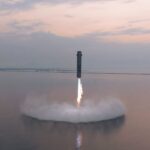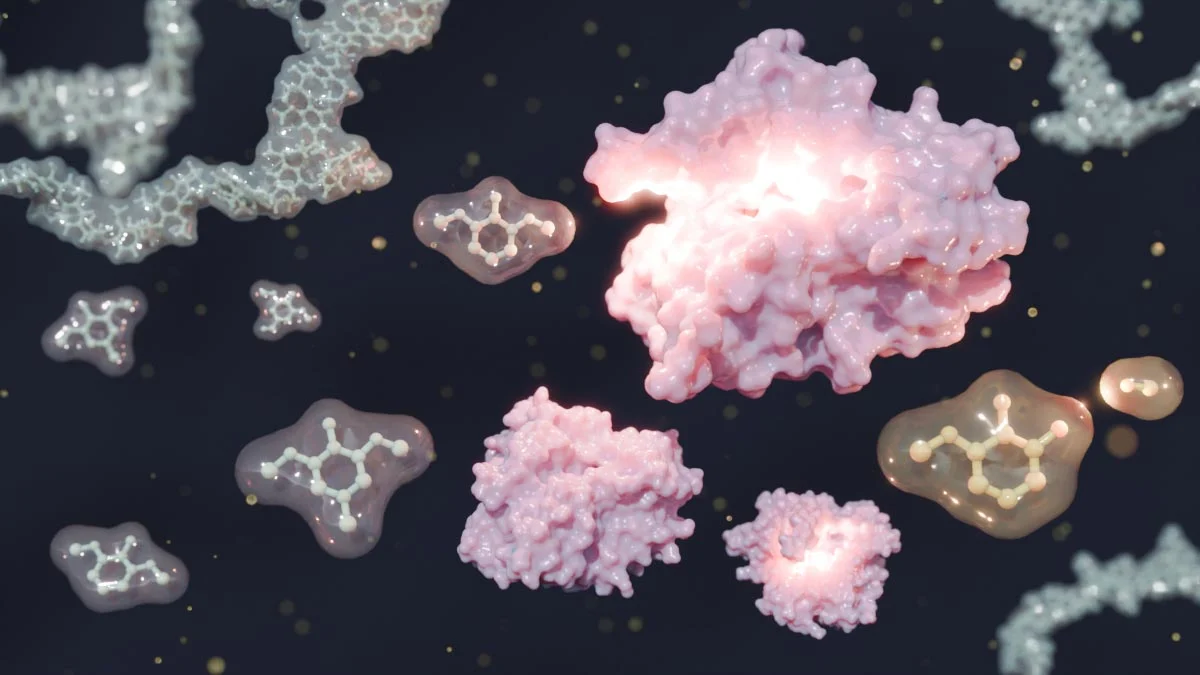Astronaut Shubhanshu Shukla blasts off into space next week as the first Indian to join the International Space Station.
From Sky to Space
Group Captain Shubhanshu Shukla, an Indian Air Force pilot, is about to make history. He will soon become the first Indian to visit the International Space Station (ISS). The launch is scheduled for June 10, 2025, at NASA’s Kennedy Space Center in Florida. This moment is a giant step forward for India’s space dreams.
A Global Team Comes Together
This mission is part of Axiom Mission 4, a joint project involving NASA, ISRO, and Axiom Space. It shows how international cooperation can push the boundaries of space travel.
The Crew
Shukla will travel aboard a SpaceX Crew Dragon capsule. He will be joined by:
- Peggy Whitson – U.S. astronaut and mission commander
- Slawosz Uznanski-Wisniewski – From the European Space Agency
- Tuva Cihangir Atasever – Turkish research astronaut
Inspiring a Nation
Shukla says his journey is not just personal. “Even though, as an individual, I am traveling to space, this is the journey of 1.4 billion people,” he said. His words reflect India’s pride and the hope that this mission will inspire young minds to dream big.
Training for the Mission
Learning Across Borders
Shukla began his training in 2020 at Russia’s Yuri Gagarin Cosmonaut Training Center. Alongside three other Indian candidates, he trained for the challenges of space.
ISRO’s Role
Later, he continued his mission-specific training at the ISRO center in Bengaluru. There, he focused on science experiments, safety, and life support systems on the ISS.
India’s Growing Space Goals
This mission is not a one-time achievement. India plans to send its first crewed space mission, Gaganyaan, by 2027. Even more exciting, there are plans to land an astronaut on the Moon by 2040.
A New Chapter Begins
Shukla’s 14-day journey to the ISS is a symbol of India’s rising strength in space science. It also shows how global partnerships can make space more accessible for all.
Curious Thought:
With India stepping confidently into the era of human spaceflight, what discoveries might be just around the corner?




